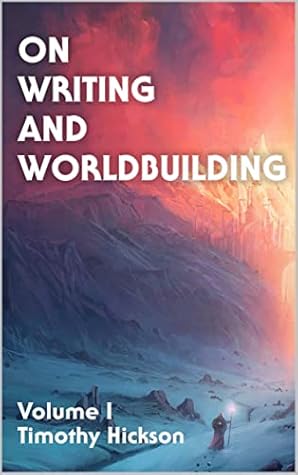More on this book
Community
Kindle Notes & Highlights
Negative assimilation: this is where the culture of the foreigners is discouraged to make them not identify with their original culture.
If you are looking to distinguish the fall of your science fiction empire from others, an intergalactic pandemic that eviscerates its economy, communication networks, and governmental structures may be one way to go.
Summary
Empires usually fracture slowly, over decades or centuries, and where they are overthrown by revolution, this is usually preceded by a period of political and economic instability.
Succession crisis create political instability that often leads to civil war and destroys the political cohesion needed for an empire.
Losing communication networks, or too much communication between citizens, can undermine central imperial authority.
Consider why people groups prefer to stay in the empire and what story events change these motivations.
The aftermath of a fallen empire is complex.
PART XVII HOW I PLAN A NOVEL
they all have the following story beats in common: The inciting incident: the event that triggers the events of the plot. The first act climax: the first major obstacle as the protagonist enters a new setting—physical or metaphorical. The crisis: the protagonist is at their lowest point. The second act climax: the second major obstacle and a scene that often ends in failure. The third act climax: the major points of tension in the story are resolved. The climactic scene takes place roughly at this point.
...more
To put it simply: The climactic scene → Detail a third act scene that is the culmination of dramatic and emotional threads throughout the story. The core scenes → Determine 2-4 major plot points and 2-4 psychological changes required to make that climactic scene happen. Three-act structuring → Order and structure these core scenes into the first, second, and third act climaxes, and the crisis point.


